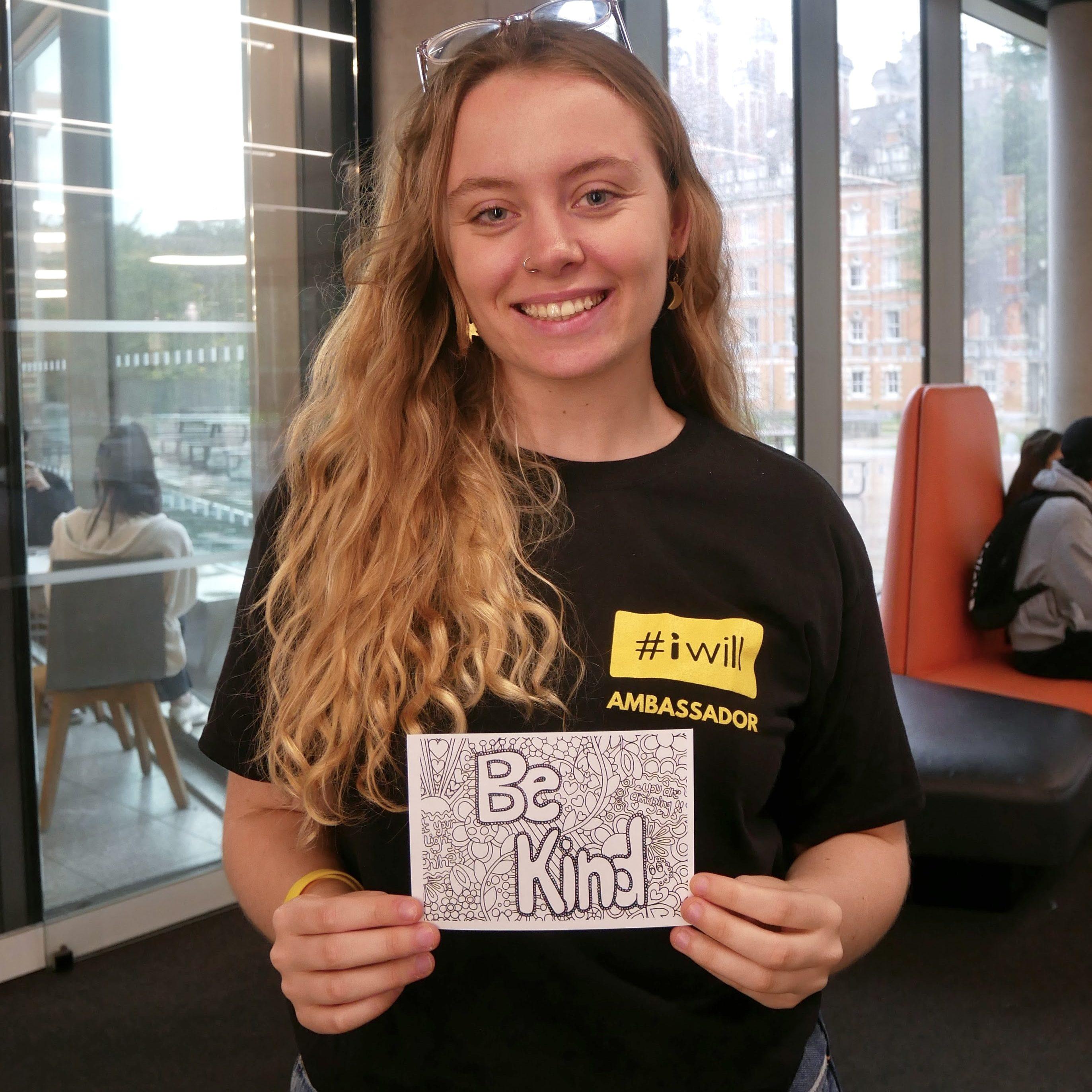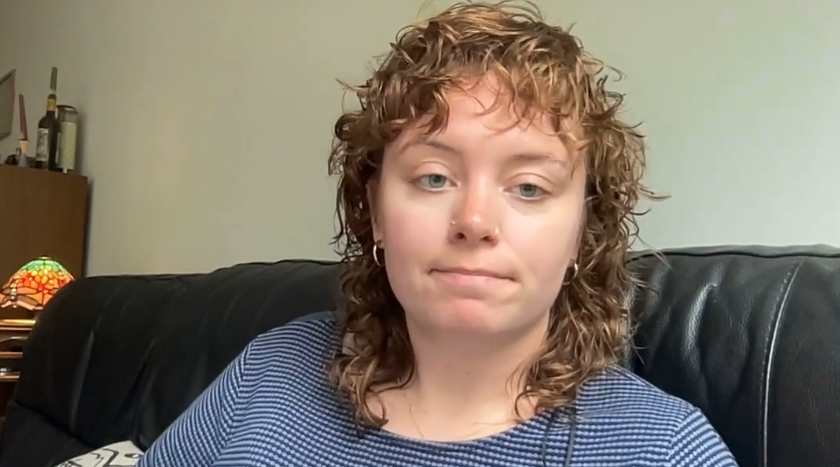Empowering your lived experience to create change
Molly shares how she has used her lived experience to campaign to shape policies and create change around loneliness
- Transcript
A few years ago, I felt silenced.
As an estranged, first-generation student, loneliness wasn’t just emotional — it was structural. I didn’t see myself in student life. I didn’t feel heard.
But today, I speak on national panels, lead student campaigns, and work to shape policies around loneliness.
Not because I’m special - but because I turned my lived experience into something powerful.
I want to show you how you can do the same.
I went from surviving student life in silence to finding purpose by using my story to help myself — and others. It started small. I joined an advisory board on loneliness. Just listening at first. Learning.
But being in a space where lived experience was valued? That changed everything.
For the first time, I wasn’t “the lonely student.” I was an expert in my experience.That advisory board gave me tools, language, and community.
And I used them. I began tackling loneliness head-on:
Working with the Department for Digital, Culture, Media and Sport (DCMS)
Supporting the All-Party Parliamentary Group (APPG) on tackling loneliness
Convening a national student roundtable on loneliness
Launching a loneliness postcard project that invited students to share and connect through their stories
Each step felt a little braver than the last. But they built on each other — and they started with me deciding that my experience mattered.
So how can you do it? How do you turn pain or silence into purpose?
I have some tips that helped me:
1. Acknowledge your experience – Say it out loud.
Loneliness. Isolation. Estrangement. Grief. Trauma. Discrimination. Cultural displacement. Identity struggles. Mental health challenges. Family breakdown. Academic pressure. Chronic illness. Financial stress.
These are just some of the things that can quietly push us into loneliness — even when we're surrounded by people. Naming what you're feeling isn’t weakness. It’s a radical act of self-recognition. A way of saying: what I’m going through matters.
2. Find spaces that value lived experience – Whether it's university groups, charities, or student networks, find a space where your story is an asset.
3. Get involved in small ways first – Fill in a survey. Join a focus group. Attend a meeting. There are doors - you can open them.
4. Build your confidence – Use your voice. Practice telling your story in ways that feel safe and empowering.
5. Collaborate – Change doesn’t happen alone. The most powerful moments I’ve had were alongside other students with similar experiences.
6. Turn ideas into action – Whether it’s a campaign, a conversation, or a creative project, your insight is a solution.
So I’d like to add that Your lived experience is not a weakness — it’s a leadership skill. It gives you empathy, insight, determination, and creativity. We need people who’ve felt the impact of systems to be the ones reshaping them. You don’t need a title, a perfect CV, or years of experience. You need passion, purpose, and the courage to start.
I began with just a feeling: This isn’t right. And I don’t want anyone else to go through this alone. That was enough.
One of the main reasons I’ve kept going and continue sharing my story is because I’ve seen the difference it can make.
Whether it’s connecting with someone who shares a similar experience, challenging assumptions about loneliness, or simply helping someone feel less alone - it matters.
Focusing on that impact - knowing real people feel seen and heard — gives everything deeper meaning.
When I see student policies start to shift, or someone says, “That postcard made me feel understood,” I’m reminded how far I’ve come — and how possible change is for others too.
So if you’re sitting with your own lived experience — whatever it may be — know this:
It can be the start of something bigger. Not just healing, but real, visible, powerful change.Don’t wait for permission. You don’t need to be “ready.” You just need to begin. Because your voice might be the one someone else is waiting to hear.




